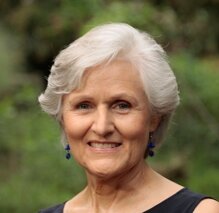Alliance for Unitive Justice Board of Directors
Sylvia Clute, President and Executive Officer
Sylvia Clute created Unitive Justice Theory over the past 35+ years, a journey that began during her 28-year career as a trial attorney. Sylvia continues to develop Unitive Justice training material, to teach and implement the theory. Her new book, Unitive Justice: Bending the Arc of Justice Toward Love, provides the most complete description of Unitive Justice so far. She is also author of Beyond Vengeance, Beyond Duality: A Call for a Compassionate Revolution and Destiny Unveiled and will soon publish a book on Unitive Justice. She is a contributor to two recent books on the Integrative Law movement. Sylvia holds advanced degrees from the Harvard Kennedy School of Government, Boston Univ. School of Law, and the Univ. of California/Berkeley. She formerly served in the Peace Corps in Nepal, as Co-Founder and Chairman of the Board of Women’s Bank in Richmond, and as President of the Virginia Women’s Attorneys Association.
Jodi Smith, Secretary
Jodi describes her journey to Unitive Justice as follows. “When I was in law school, I assumed the law worked well for everyone and equally, but I still had some discomfort with the adversarial nature of lawyering. I then worked in civil law, but I still remember thinking that if people could just talk to each other, they would better understand what each experienced and perhaps they could find solutions. When I first took UJ Theory and Practice, an entirely different perspective came into my consciousness. I loved the idea that things could be different—Unitive—and that we could create a very different system where we don’t manage harm with more harm.” Jodi is now focused on how Unitive Justice theory and practice applies to the field of leadership.
Molly Soeby, Treasurer
Molly Soeby joined AUJ as the Director of the UJEd Whole School, a training program taught online, in January 2022. She joined the AUJ board in March 2024. She served as Co-Instructor of the UJEd Whole School program in five Hopewell, Va. Schools (2023-2024). She now serves as the primary technical person on the new AUJ online Unitive Justice Academy, the project to offer all of AUJ’s training programs online and eventually worldwide. She will continue to be Co-Instructor for those courses.
Molly’s background is in laboratory science, but she has been teaching adults in every position she has held throughout her career. She is a known community leader and served as a Planning and Zoning Commissioner for the City of Grand Forks for six years and a Park District Commissioner for eight years. “I want to make a difference,” Molly said. “Teaching Unitive Justice School Culture Change to teams of school leaders gives me the opportunity to make a big difference in the lives of many students and school staff.” An added personal note is that her incarcerated son is also interested in UJ and he hopes to become involved, both while incarcerated and after.
Weston Johnson, PhD, Director
Weston holds a PhD in Electrical Engineering from the University of Kentucky and was awarded the TVA (Tennessee Valley Authority) Fellowship. He is an experienced innovator with a strong history of developing IP for industry. Weston presently applies his creative and technical experience to support global corporations that seek to reinvent themselves through internal transformation to lower production costs and enhance morale. As a senior management consultant with a decade of experience, Weston is versed in developing corporate programs from the shop floor to C-suite that breakdown cultural walls between departments and business unites.
Clarence M. Dunnaville, Jr.
Director emeritus
Clarence M. Dunnaville, Jr., served as Vice Chair of the AUJ Board from 2015 to 2024. He is now a Richmond, Virginia lawyer and has devoted his life to civil rights. He grew up in the city of Roanoke, Virginia during the Jim Crow era. He fought segregation as a child by refusing to use segregated toilets or to sit in the back of the bus. During college he was a civil rights activist, picketing segregated theaters and participating in numerous student demonstrations and sit-ins that opened lunch counters to black citizens in Baltimore, Md. In December 1953, Thurgood Marshall arranged for him to see the oral arguments of Brown v. Board of Education in the United States Supreme Court. That experience inspired Clarence to study law and work to end racial discrimination. He graduated with honors from Saint John’s University School of Law in Brooklyn, New York. In 1961, he was appointed an Assistant United States Attorney for the Southern District of New York by Robert F. Kennedy. In addition to his work in law, he has been engaged in substantial community work, including his outstanding work on behalf of AUJ. For more information about his illustrious career, please see http://clarencedunnaville.com.





